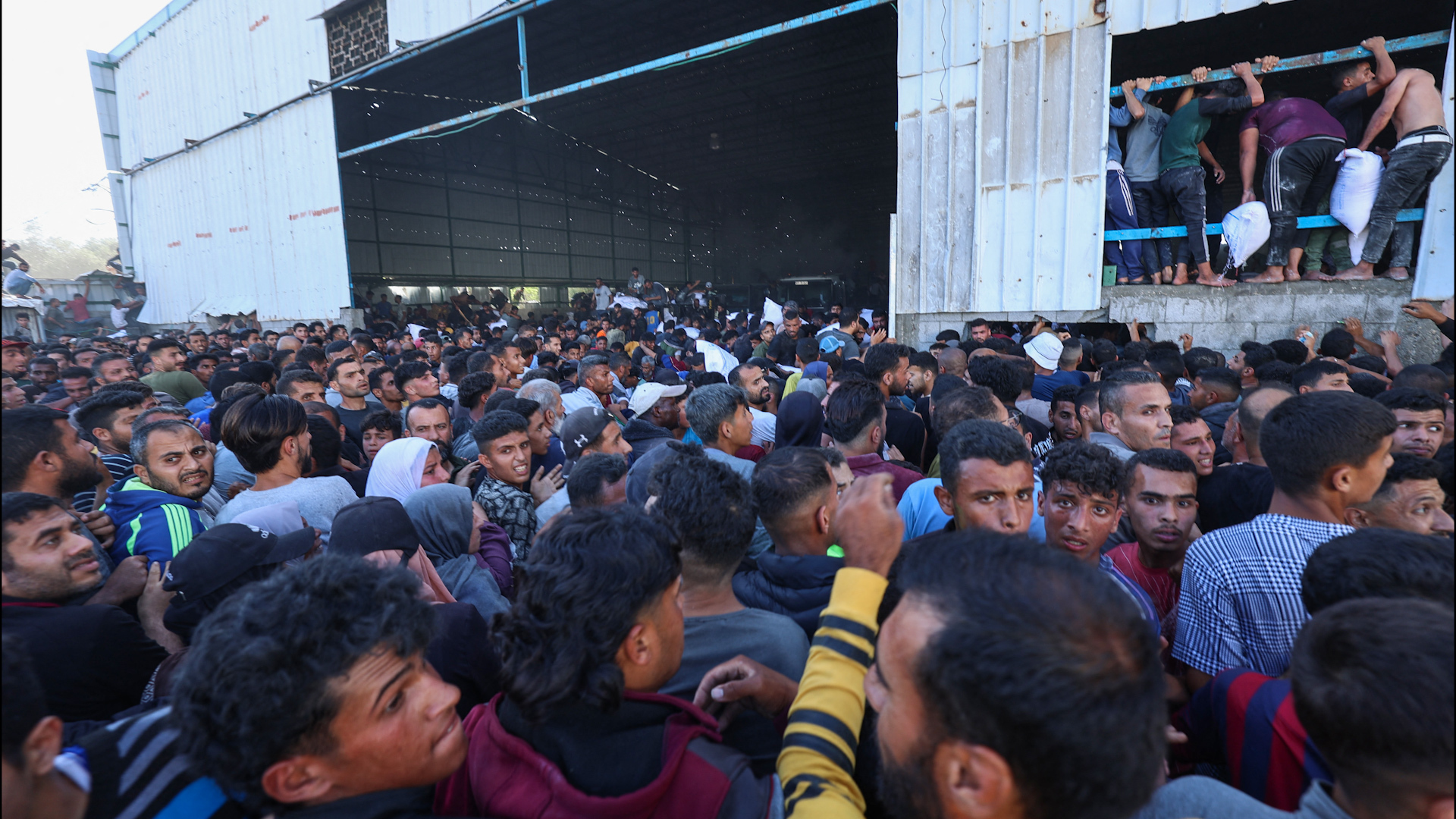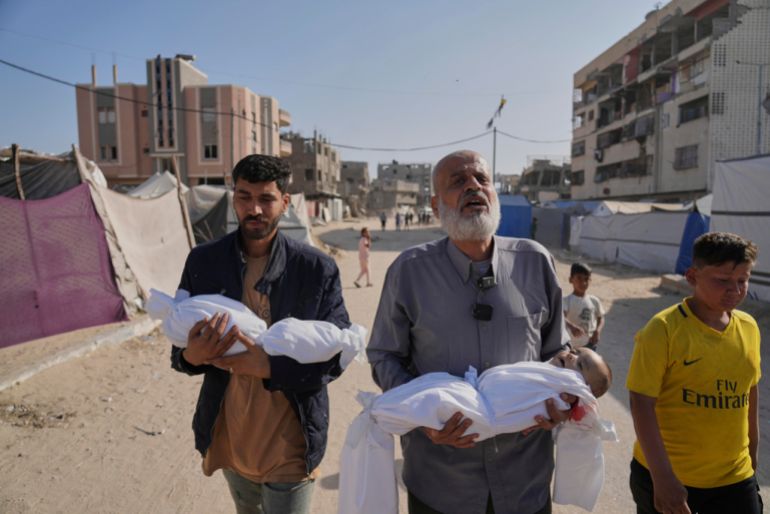The BBC has created a documentary about the experiences of a Japanese man who entered a contest that landed him on a reality TV show with ‘inhumane’ stipulations
BBC viewers were left stunned after watching a new documentary called Storyville: The Contestant, which is now streaming on BBC iPlayer.
The film explores the shocking true story of a controversial Japanese reality show that subjected its star to isolation, starvation, and humiliation for over a year while he was completely unaware that he was being watched by millions of people.
The documentary tells the story of Susunu! Denpa Shonen (Do Not Proceed, Crazy Youth), a 1998 Japanese TV programme that placed 22-year-old aspiring comedian Tomoaki Hamatsu in a flat with no clothes, no food, and no contact with the outside world.
He was challenged to win one million yen (around £6,000) by entering and winning mail-in magazine sweepstakes. On top of setting aside this amount of prize money that he earned via sweepstakes, he was also tasked with using the same method to procure everything he needed to survive, including his food, clothes, and even toilet paper.
Although Hamatsu (who was nicknamed Nasubi on the programme) agreed to take part in the experiment, he had no idea that his every move was being broadcast to a weekly audience of 17 million people for 15 months.
The show was marketed as a social experiment, and Japanese viewers were able to tune in to watch Nasubi’s struggles to survive on his segment of Do Not Proceed, Crazy Youth, which was called A Life in Prizes.
BBC viewers have been absolutely horrified by the way Nasubi was treated. One person took to X saying: “Watching The Contestant and that producer should be in prison for torture and war crimes that violate the UN.”
Another agreed: “I don’t think I’ve ever yelled, ‘That’s so damn unethical,’ as much as I have while watching The Contestant.” Other viewers described the programme as “inhumane” and “gut-wrenching”, while praising Nasubi for being “such a sweet, genuine soul”.
Someone else added: “If it sounds like The Truman Show, that’s because it basically is. His conditions were worse than being a prisoner in jail.”
During his time on A Life in Prizes Nasubi survived on meals like 5kg of plain rice and even wet dog food. In his diaries, he wrote: “I don’t have enough nutrition going to my brain. Being driven to the edge has brought out a madness in me.”
After finally reaching the prize goal, he was released, only to be tricked into repeating the ordeal for several more weeks. When he was finally freed, the walls of a new apartment collapsed to reveal a live studio audience, and Nasubi discovered he had unknowingly become a national celebrity.
25 years later Nasubi has reflected on this horrific experience, sharing: “Even if I get hurt, I want to protect people around me. Instead of revenge, I would like to use that energy for something more positive, like helping people.”
Nasubi now works with charities across Japan and has managed to transform his reality TV past into a source of strength. He said: “When you put energy into other people rather than just focusing on yourself, you become stronger than you could ever imagine.”
Like this story? For more of the latest showbiz news and gossip, follow Mirror Celebs on TikTok , Snapchat , Instagram , Twitter , Facebook , YouTube and Threads .






